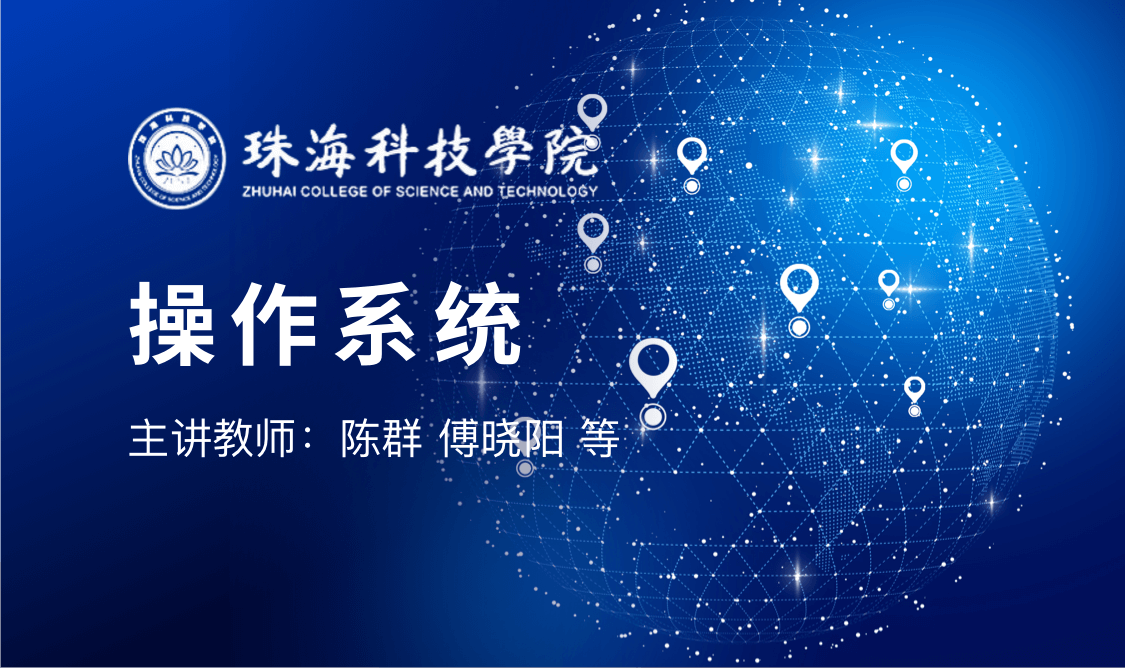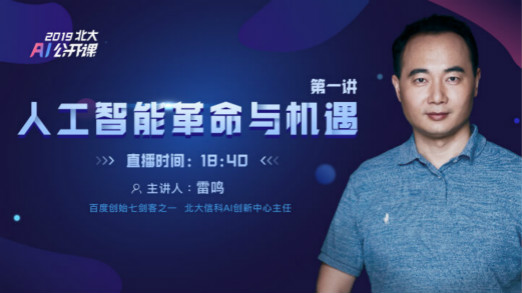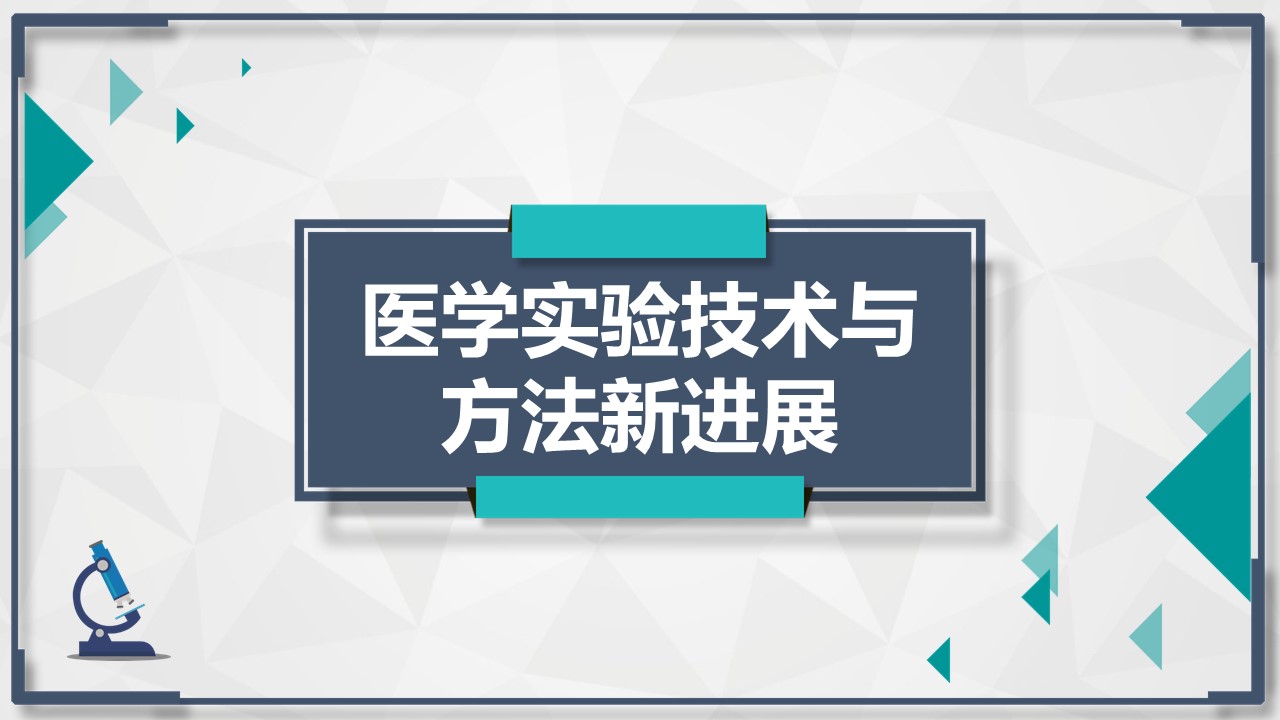
当前课程知识点:Green Economy from China's Stories > 3. Research Hotspots and Cutting Edge Research > 3.2.3 "Two Mountains" Theory (a) > 3.2.3 "Two Mountains" Theory (a)
返回《Green Economy from China's Stories》慕课在线视频课程列表
返回《Green Economy from China's Stories》慕课在线视频列表
大家好
欢迎大家进入《绿色经济与中国实践》
上节课
我们对如何看待自然资源环境价值
怎么看待公共产品的外部性
用了一个例子阐述了生态系统服务
的独特价值 用两个例子来说明
资源环境价值的溢出
表明生态环境的正外部性特征
可见 正因为生态环境有正外部性
我们要保护和建设好生态环境
怎样保护和建设
中国走出了一条独特的
“绿水青山就是金山银山”的道路
以区别于西方国家的
“先污染再治理”的传统之路
请大家先看一个视频
“两张理论诞生地-余村”
“两山理论”诞生地
浙江省湖州市安吉县余村是
“两山理论”诞生地
是“中国美丽乡村”
“中国亲子旅游第一”
“国际乡村生活示范地”
走进安吉县天荒坪余村
碧空如洗 青山绿水 漫山翠竹
行走在乡间小道 无不让人卸下疲惫
沉醉在微风拂面的悠然自得之感中
映入眼帘的是镌刻着习主席的“两山理论”石碑
余村党委组织人物
余村党群服务中心所在地
始终以为人民服务为宗旨
带领余村走向更好的未来
余村人们始终牢记习总书记的嘱托
以十九大精神为指引
紧紧围绕“两山理论”这条主线
结合自治 法治 德治
为振兴创造良好的社会环境
余村党建文化广场
记录着余村党支部带领余村发展方向与动向
及余村人们的党建活动
余村人们的心得体会
习主席的寄语期许
余村文化礼堂分布为
1号楼文化礼堂
2号楼“两山”讲习点
3号楼“爱游”党员志愿服务驿站
荷塘雅趣
荷花是余村村花
更是余村人精神品质的写照与化身
余村风光旖旎正是因为他们深刻贯彻“两山理论”
坚持走可持续绿色发展道路的成果
现如今在践行“两山理论”的道路上何止单单是余村
更应该是全世界共同的目标
如何看待两山理论
如何认知“两山理论”
如何应用于“两山理论”
是我们当前一个重要的理论
和实践话题
下面我们将从“两山理论”的形成过程
“两山理论”的基本内涵以及“两山理论”的应用
三个方面进行交流与学习
“既要金山银山
又要绿水青山”
“其实绿水青山
就是金山银山”
2005年8月15日
安吉天荒坪镇
余村村干部介绍
关停污染环境的矿山
一度迷茫 后转变发展方式
靠发展生态旅游 实现了
“景美 户富 人和”
其实 就是“绿水青山就是金山银山”
9天后 习近平在浙江日报
《之江新语》发表
《绿水青山也是金山银山》的评论
2006年7月29日
习近平在丽水调研时
称赞丽水生态良好 同时告诫当地干部
“绿水青山就是金山银山
对丽水来说尤为如此”
丽水“守住了这方净土 就守住了金饭碗
“绿水青山就是金山银山”
深刻阐明了
生态环境与生态生产力之间的关系
是对生产力理论的重大发展
饱含敬畏自然 尊重自然
谋求人与自然和谐发展
的价值理念和发展理念
其实 人是自然界的产物 也是自然界的一部分
人类生存须臾离不开自然环境
保护好自然 就是保护好人类自身
在不同时期 习近平总书记分别在
2013年1月 2013年5月24日
2013年9月7日 先后对
金山银山和绿水青山的关系
深刻阐明了我们“既要绿水青山
也要金山银山 宁要绿水青山
不要金山银山”
而且“绿水青山就是金山银山”
形成了“两山理论”
2015年3月24日
习近平主持召开中央政治局会议
通过了《中共中央关于加快推进
生态文明建设的意见》
正式把“坚持绿水青山就是金山银山”
的理念写进中央文件 成为指导中国
加快推进生态文明建设的重要指导思想
“两山理论”由此进入了中央文件形成指导方针
2017年10月 党的十九大报告明确提出
坚持人与自然和谐共生
建设生态文明
是中华民族永续发展的千年大计
使得“两山理论”
进一步得到丰富
内涵进一步得到深化
我们必须树立和践行
“绿水青山就是金山银山”
的理念 坚持
节约资源和保护环境的基本国策
像对待生命一样对待生态环境
统筹山水林田湖草系统治理
实行最严格的生态环境保护制度
形成绿色发展方式和生活方式
坚定走生产发展 生活富裕
生态良好的
文明发展道路
建设美丽中国
为人民创造良好生产生活环境
为全球生态安全作出贡献
“两山理论”成为
新时代中国特色社会主义思想
和基本方略的不可或缺的重要内容
谢谢大家 下次见
-1.1.1 Global Environmental Issues and Ecological Crisis
--1.1.1 Global Environmental Issues and Ecological Crisis
-1.1.2 Environmental Issues and Governance Results in China
--1.1.2 Environmental Issues and Governance Results in China
-1.2.1 Attention from the International Community to Ecological and Environmental Issues
--1.2.1 Attention from the International Community to Ecological and Environmental Issues
-1.2.2 Reflection of the International Community on Ecological and Environment Issues
--1.2.2 Reflection of the International Community on Ecological and Environment Issues
-1.2.3 China's Practice of Ecological and Environmental Protection (a)
--1.2.3 China's Practice of Ecological and Environmental Protection (a)
-1.2.3 China's Practice of Ecological and Environmental Protection (b)
--1.2.3 China's Practice of Ecological and Environmental Protection (b)
-1.3 The Origin of Ecological and Environmental Issues
--1.3 The Origin of Ecological and Environmental Issues
-Chapter I Test
-2.1 Teaching Materials
-2.2 Practice in China
-Chapter II Test
-3.1 Research Hotspots
-3.2.1 Industrial Ecology
-3.2.2 Environmental Value Spillover
--3.2.2 Environmental Value Spillover
-3.2.3 "Two Mountains" Theory (a)
--3.2.3 "Two Mountains" Theory (a)
-3.2.3 "Two Mountains" Theory (b)
--3.2.3 "Two Mountains" Theory (b)
-Chapter III Test
-4.1.1 International background
--4.1.1 International background
-4.1.2 Background in China
-4.2 3R Principles
-4.3 3 levels
-4.4.1 Progress
-4.4.2 Policies
-Chapter IV Test
-5.1 The concept of Low-carbon Economy
--5.1 The concept of Low-carbon Economy
-5.2 The origin of the Low-carbon Economy theory
--5.2 The origin of the Low-carbon Economy theory
-5.3 Practice in Developed Countries
--5.3 Practice in Developed Countries
-5.4 Practice in China
-Chapter V Test
-6.1 The Concept of Green Economy
--6.1 The Concept of Green Economy
-6.2.1 Development and Research Progress of the Green Economy
--6.2.1 Development and Research Progress of the Green Economy
-6.2.2 Actions on Green Economy and Future Development Trend of Green Economy
--6.2.2 Actions on Green Economy and Future Development Trend of Green Economy
-6.3 Assessment Methods for Development of Green Economy
--6.3 Assessment Methods for Development of Green Economy
-6.4.1 Formation and Application of Green Economy Development Thought
--6.4.1 Formation and Application of Green Economy Development Thought
-6.4.2 Practice and Inspirations of Green Economy Development
--6.4.2 Practice and Inspirations of Green Economy Development
-Chapter VI Test
-7.1 The Concept of Sustainable Development
--7.1 The Concept of Sustainable Development
-7.2.1 The formation of sustainable development in China
--7.2.1 The formation of sustainable development in China
-7.2.2 China's Achievements in Sustainable Development
--7.2.2 China's Achievements in Sustainable Development
-7.3.1 EKC Hypothesis and Its Origin
--7.3.1 EKC Hypothesis and Its Origin
-7.3.2 Enlightenment of EKC on China's Environmental Governance
--7.3.2 Enlightenment of EKC on China's Environmental Governance
-Chapter VII Test
-8.1 The Connotation and Assessment Significance of Ecosystem Service Value
--8.1 The Connotation and Assessment Significance of Ecosystem Service Value
-8.2 The Research Progress of Ecosystem Service Value Assessment
--8.2 The Research Progress of Ecosystem Service Value Assessment
-8.3 Practice in China
-Chapter VIII Test
-9.1.1 Theoretical Concept
-9.1.2 Research Prospect
-9.2 Development Process of Ecological Footprint
--9.2 Development Process of Ecological Footprint
-9.3.1 Research Scale
-9.3.2 Research Industry
-Chapter IX Test
-10.1 Environmental Policy Assessment Standards
--10.1 Environmental Policy Assessment Standards
-10.2 Types of Environmental Policies (a)
--10.2 Types of Environmental Policies(a)
-10.2 Types of Environmental Policies (b)
--10.2 Types of Environmental Policies(b)
-10.3 Case study——River Chief Policy
--10.3 Case study——River Chief Policy
-Chapter X Test
-Final exam
--Final exam





